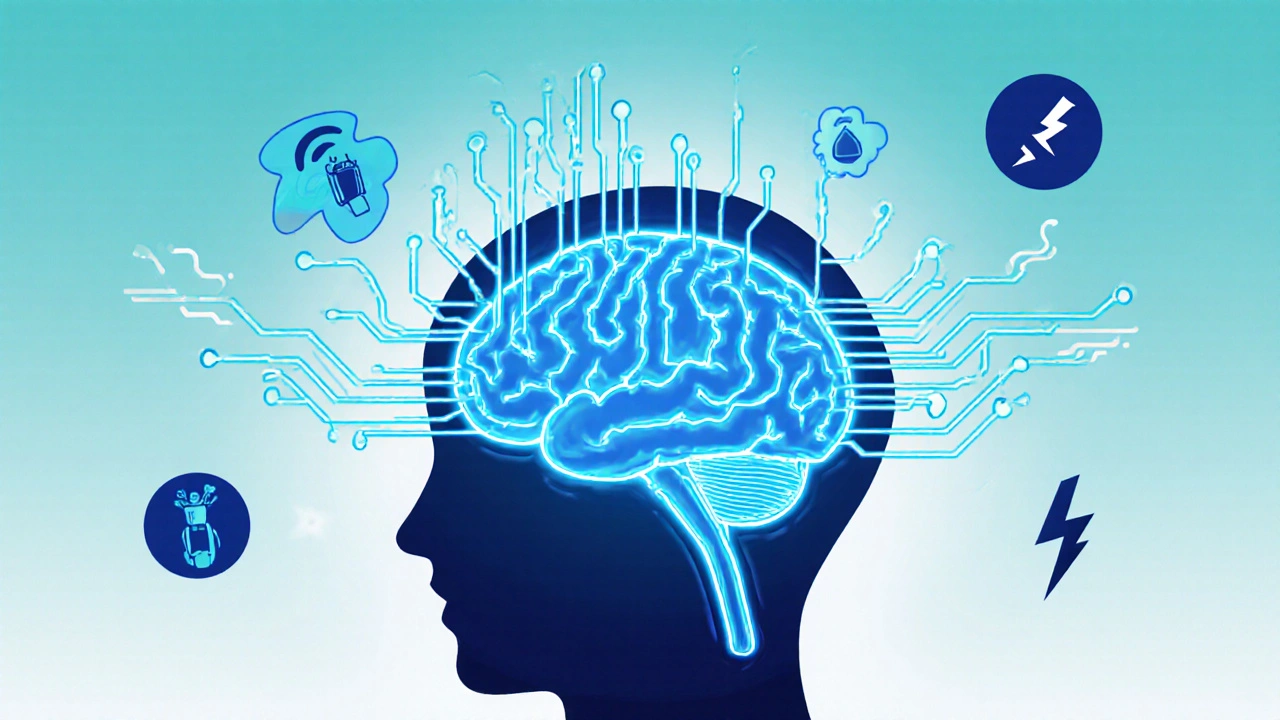When you decide to stop taking antidepressants, medications prescribed to treat depression, anxiety, and other mood disorders. Also known as psychiatric medications, they work by adjusting brain chemicals like serotonin and norepinephrine. But when you stop them, your brain doesn’t instantly reset—this is where antidepressant withdrawal, a set of physical and emotional symptoms that can occur after reducing or stopping antidepressant use comes in. It’s not addiction—it’s your nervous system adjusting to the absence of a substance it’s come to rely on.
Many people assume that if they feel better, they can quit cold turkey. But research shows that up to 80% of people who stop abruptly experience some form of withdrawal. Symptoms can include dizziness, brain zaps, nausea, insomnia, irritability, and even a return of depressive thoughts. These aren’t in your head—they’re real, measurable effects tied to how your brain chemistry changes. The longer you’ve been on the medication, and the shorter its half-life (like paroxetine or venlafaxine), the higher your risk. That’s why antidepressant discontinuation, the planned, gradual reduction of antidepressant dosage under medical supervision is the only safe path. Skipping this step can undo months of progress and sometimes lead to relapse.
It’s not just about timing—it’s about how you do it. Some doctors suggest tapering slowly over weeks or months, especially with drugs that leave your system quickly. Others may switch you to a longer-acting antidepressant first to make the drop smoother. Your doctor should never push you to quit because you’re "cured"—they should ask if you’re ready, how you’re feeling, and what support you have. If you’re on multiple psychiatric meds, like an antidepressant plus an antipsychotic or mood stabilizer, the risks multiply. That’s why mental health medication, any drug used to treat psychological conditions, including antidepressants, antipsychotics, and mood stabilizers interactions matter. A change in one can throw off another.
What you’ll find below isn’t a list of generic advice. These are real stories and science-backed guides from people who’ve been there—how one person managed brain zaps with a 10% monthly taper, why quitting during a stressful life event backfired, and how a simple switch to fluoxetine helped someone avoid a crash. You’ll also see how side effects like fatigue or sleep issues from other meds (like beta-blockers or indapamide) can make withdrawal feel worse. And you’ll learn why reporting your experience matters—not just for you, but for others. Post-marketing data shows how common withdrawal really is, and how often it’s missed in clinical trials. This isn’t about fear. It’s about control. You didn’t start these meds on a whim, and you shouldn’t stop them that way either.
Posted by
Paul Fletcher
10 Comments

Antidepressant discontinuation syndrome causes real physical symptoms when stopping medication. Learn how to recognize the signs, avoid severe withdrawal, and taper safely under medical guidance.
read more